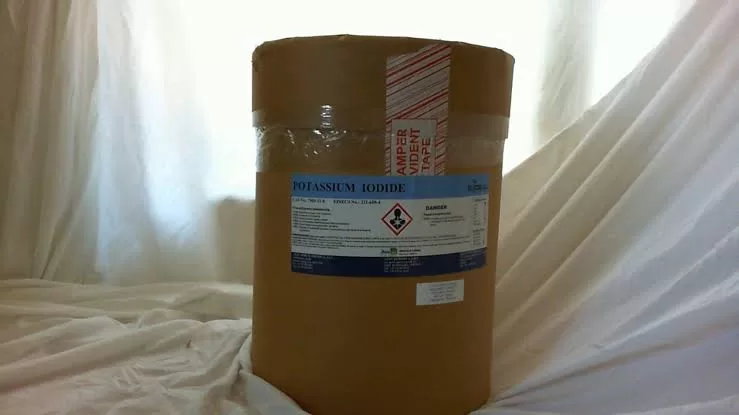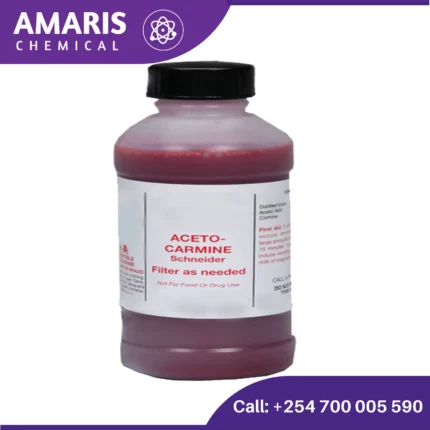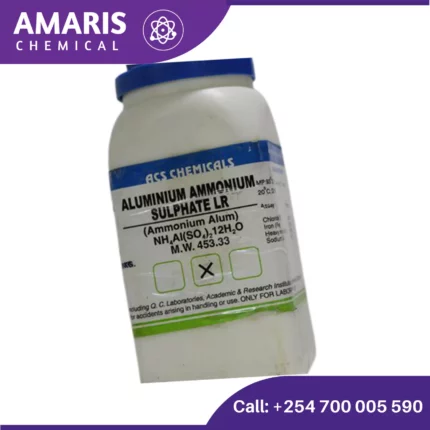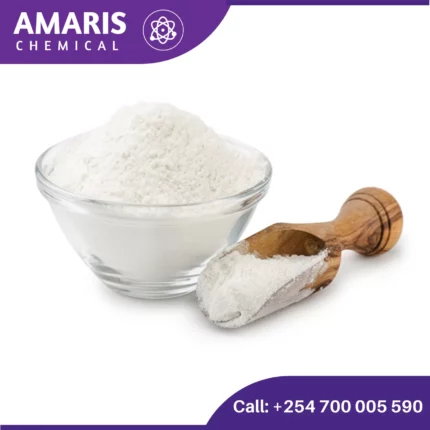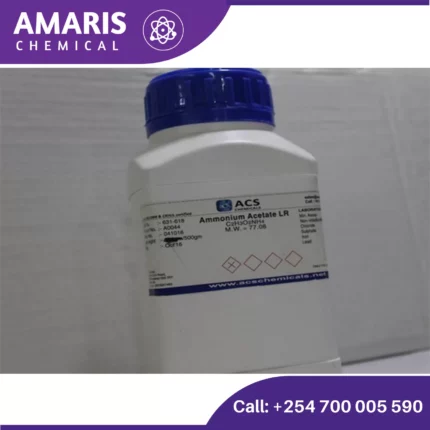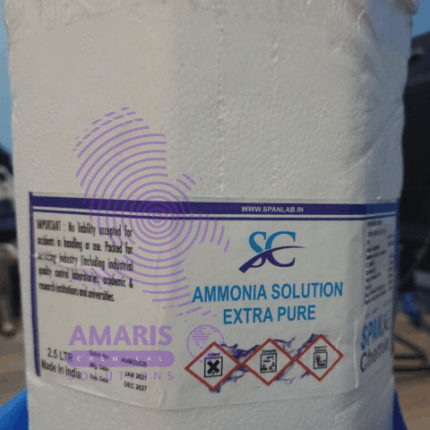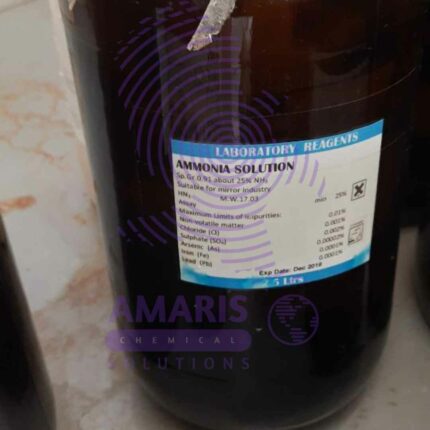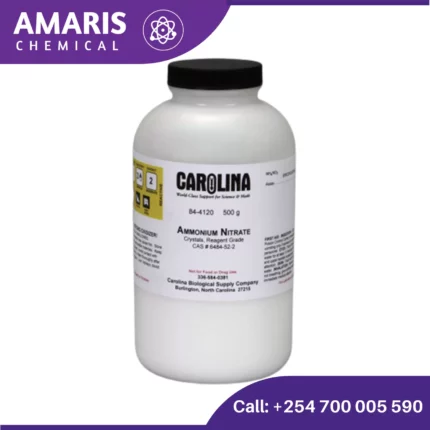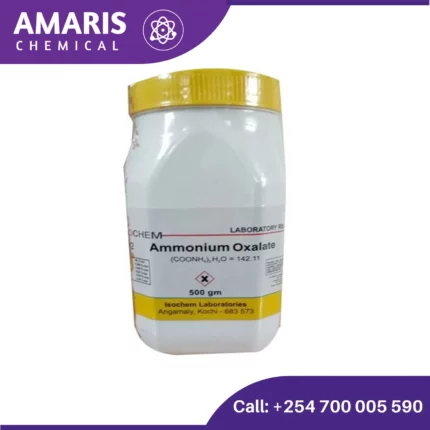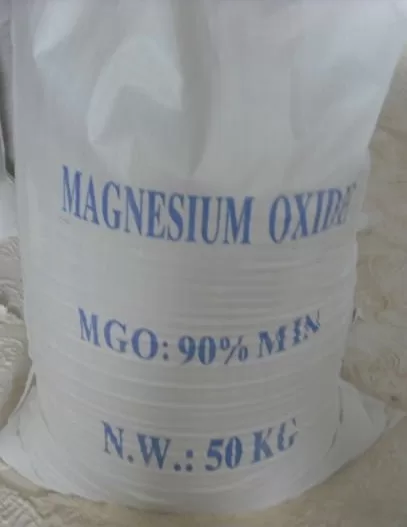
Magnesium oxide 25kg
KSh12,000.00 Original price was: KSh12,000.00.KSh1,100.00Current price is: KSh1,100.00.
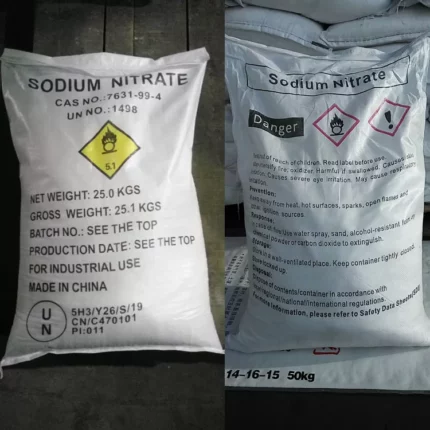
Sodium Nitrate 25kg
KSh10,500.00 Original price was: KSh10,500.00.KSh9,500.00Current price is: KSh9,500.00.
Potassium iodide
KSh8,000.00 Original price was: KSh8,000.00.KSh7,800.00Current price is: KSh7,800.00.
Potassium iodide (KI) is a chemical compound composed of potassium and iodine.
SKU:
ACS59426CHEM0
Categories: Active Pharmaceuticals Ingredients, Analytical Reagents, Nutrient Supplements, Photographic Chemicals
Description
Potassium iodide
- Radiation Protection: Potassium iodide is known for its ability to protect the thyroid gland from radioactive iodine, particularly in the event of a nuclear accident or emergency. It saturates the thyroid with non-radioactive iodine, preventing uptake of radioactive iodine-131.
- Nutritional Supplement: Iodine is essential for thyroid function and overall health. Potassium iodide supplements can be used to prevent iodine deficiency, which can lead to thyroid disorders like goiter and hypothyroidism.
- Chemical Reagent: Potassium iodide is also used in various chemical reactions and laboratory procedures, including as a source of iodide ions in solutions.
- Photography: It has historical use in photography, particularly in the production of daguerreotypes.
- Medical Applications: In medicine, it can be used in certain treatments, such as in the management of some types of hyperthyroidism.
Shipping & Delivery
Related products
Aceto Carmine 100 ml
Aceto carmine is a staining solution used primarily in microscopy to highlight cellular components. It is a mixture of carmine dye and acetic acid. Here’s an overview of its properties, preparation, and uses:
Properties
- Color: Red to purplish-red.
- Solubility: Soluble in water and ethanol.
- Staining Characteristics: Stains chromatin and cytoplasmic components, providing contrast for better visualization under a microscope.
Preparation
- Ingredients:
- Carmine dye: A natural red dye extracted from the cochineal insect.
- Acetic acid: A colorless liquid organic compound with a pungent smell.
- Procedure:
- Dissolve a specific amount of carmine powder in hot distilled water.
- Add glacial acetic acid to the solution.
- Filter the mixture to remove any undissolved particles.
Aluminum Ammonium Sulphate
Aluminum ammonium sulfate, also known as ammonium alum or just alum, is a chemical compound with the formula (NH4)Al(SO4)2·12H2O. It's a white crystalline solid commonly used in water purification, leather tanning, and as a mordant in dyeing textiles.
In water purification, alum acts as a coagulant to remove impurities by causing suspended particles to clump together, making it easier for filtration to remove them. In leather tanning, it helps to stabilize the leather by tightening the collagen fibers. And in dyeing textiles, alum helps the dye adhere to the fabric.
However, it's important to note that excessive exposure to aluminum compounds like alum can be harmful, so it's typically used with caution and proper safety measures.
Aluminum Carbonate 250g
Aluminum carbonate is a chemical compound with the formula Al2(CO3)3. It is a white, crystalline solid that is insoluble in water. Aluminum carbonate is not commonly encountered in pure form due to its high instability, especially in the presence of water and carbon dioxide. Instead, it tends to decompose into aluminum hydroxide and carbon dioxide when exposed to moisture or acidic conditions.
Ammonia Acetate
Ammonium acetate (NH4C2H3O2) is a chemical compound with various applications and properties. Here are some key points about it:
Properties
- Chemical Formula: NH4C2H3O2
- Molecular Weight: 77.08 g/mol
- Appearance: White, crystalline solid
- Solubility: Highly soluble in water
- Melting Point: Decomposes upon heating
Ammonia Solution 2.5litres
An ammonia solution is a solution of ammonia (NH3) gas dissolved in water. It is a clear, colorless liquid with a pungent odor and a basic pH. The concentration of ammonia in the solution can vary, and is typically expressed in terms of percent by weight or by volume.
Ammonia solutions are commonly used in a variety of applications, including cleaning agents, fertilizers, and as a precursor to other chemicals. They are also used in industrial processes such as refrigeration, gas purification, and water treatment. Ammonia solutions can be dangerous if not handled properly, as they are highly corrosive and can release toxic fumes if mixed with certain chemicals

